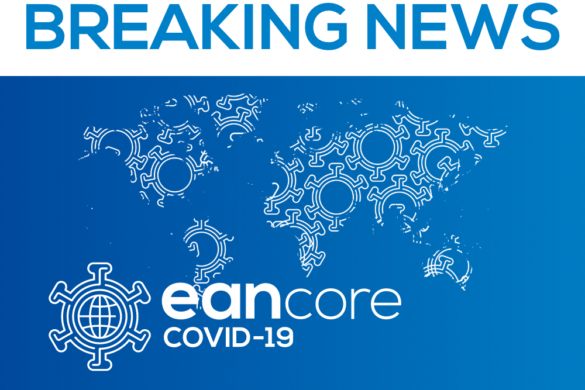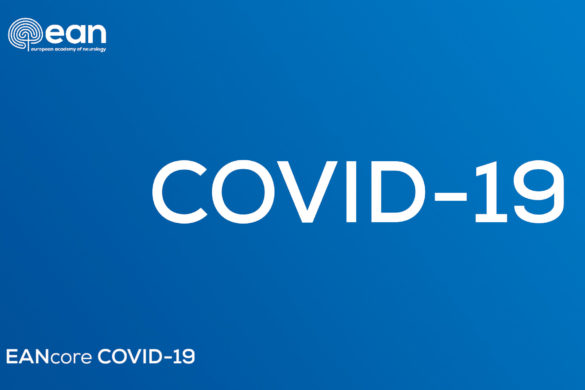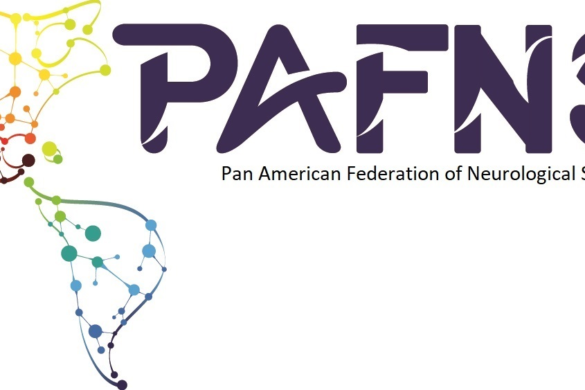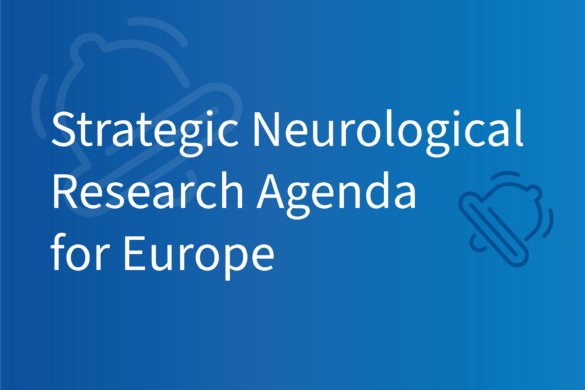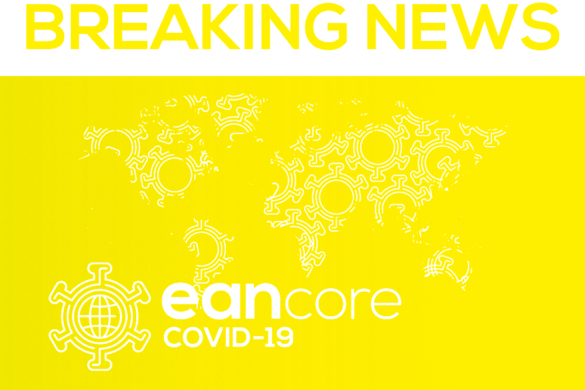Released on April 3rd, 2020
To our knowledge, there is currently no evidence on how and if Corona Virus Disease 2019 (COVID-19) affects people with rare neurological diseases, mainly neurogenetics (NGDs). A recent (April 3rd) research on PubMed did not reveal any official statement or position by scientific communities, except a single article in Chinese which provides consensus recommendations on cerebellar ataxia (Zhonghua Yi Xue Yi Chuan Xue Za Zhi. 2020 Apr 10;37(4):359-366. Expert consensus on the management strategy of patients with hereditary ataxia during prevention and control of novel coronavirus pneumonia epidemic. Specialized Committee Of Neurogenetics Neurophysician Branch Of Chinese Medical Doctor Association, Jiang H, Tang B.). Moreover, no case reports on COVID-19 NGDs are available on PubMed.
However, several patients with NGDs may have respiratory muscle weakness, and thus are at higher risk of complications if infected by this novel coronavirus. Moreover, most patients require periodic follow up also for comorbidities related to the genetic defect -i.e. heart, diabetes- and intensive rehabilitation. In view of the seriousness of the COVID-19 epidemic, a series of prevention and control measures adopted by the governments have restricted the follow-up, diagnosis and treatment of patients by the hospitals -including rehab-, which has a great impact on their mental and physical health.
EAN Neurogenetics Experts* here provide some general recommendations regarding major questions related to neurogenetics diseases, for both patients and physicians.
In general:
NGDs patients are medically compromised, therefore the following recommendations maybe provided for concerned patients and their families.
Because there are asymptomatic carriers – meaning that we can carry the coronavirus (SARS-CoV-2) without signs of infection, it makes sense to follow some simple recommendations to prevent spread of, or acquiring the disease. Most importantly, contact your primary care physician or your NGDs specialist first if you are experiencing symptoms rather than going to the emergency room.
1 Connect with your doctor and friends
- Keep in touch digitally. Most of the time, a digital visit with your doctor may solve your troubles or problems.
- Make plans to video chat with people or groups you’d normally see in person.
- You can also arrange phone calls or send instant messages or texts.
2 Try to keep active
- Develop physical activity into your daily routine, if possible. Even if you do not have exercise equipment at home (i.e. treadmills), there are multiple physical activities for any age and ability, such as cleaning your home, dancing to music, going up and down stairs, online exercise workouts that you can follow.
- Keep your mind active as well! Plan how you’ll spend your time.
3 Stay connected with current events, but be careful where you get news and health information from. In particular, stay connected with latest government guidelines
4 Stay connected with your official patients’ advisory boards.
Many patients’ advisory boards are publishing in their official web sites or social pages recommendations developed by their scientific committees or experts. Please check regularly these national and international web pages to stay updated.
Examples are:
- Mitochondrial diseases
- Cerebellar ataxias
Neuromuscular diseases:
Guidance for the management of myasthenia gravis (MG) and Lambert-Eaton myasthenic syndrome (LEMS) during the COVID-19 pandemic. Recommendations have been prepared and endorsed by an international working group of MG experts in response to the COVID-19 pandemic on 23 March 2020. The American Association of Neuromuscular & Electrodiagnostic Medicine (AANEM) endorsed these recommendations on 25 March 2020. - Fabry disease
Are there specific recommendations for certain types of therapies?
In several NGDs, disease modifying therapies are available and, for some, the administration may require travel to the Clinics. We strongly recommend that this individualized decision be made based on national laws, incidence of COVID-19 and risk/benefit of the therapy for the individual patient; where possible consider switching to home infusion (i.e. enzyme replacement therapies) with nurse supervision.
How to deal with patients in ongoing clinical trials?
There are numerous ongoing clinical trials in several NGDs. We strongly recommend that any decision regarding ongoing need for in-person evaluations under the clinical trial be based with consideration of national law for patients’ best interest, and where possible it should be switched to e-control (i.v. via Skype or other platforms or APPs). In clinical trials also the sponsors responsibility and communication regarding study protocol continuations\deviations has to be considered.
This EAN expert panel believes that therapy decisions should be individualized in this period, and made collaboratively between the patient and his/her healthcare provider.
*This EAN statement has been written by the Neurogenetics Panel Management group
Michelangelo Mancuso, University of Pisa, Italy
Sylvia Boesch, Medical University Innsbruck, Austria
Henry Houlden, UCL Queen Square Institute of Neurology London, UK
Maria Judit Molnar, Semmelweis University, Hungary
Alessandro Filla, Federico II University, Napoli, Italy







